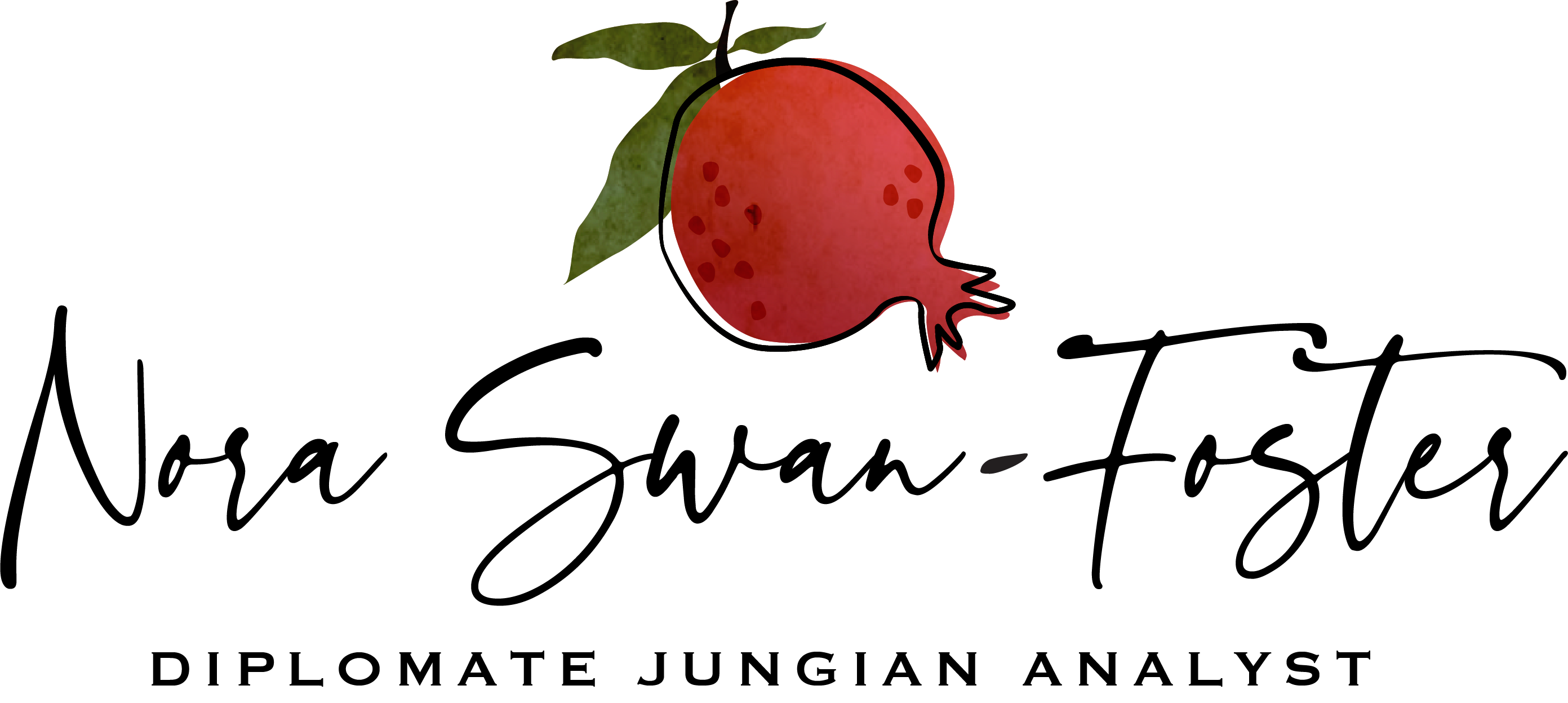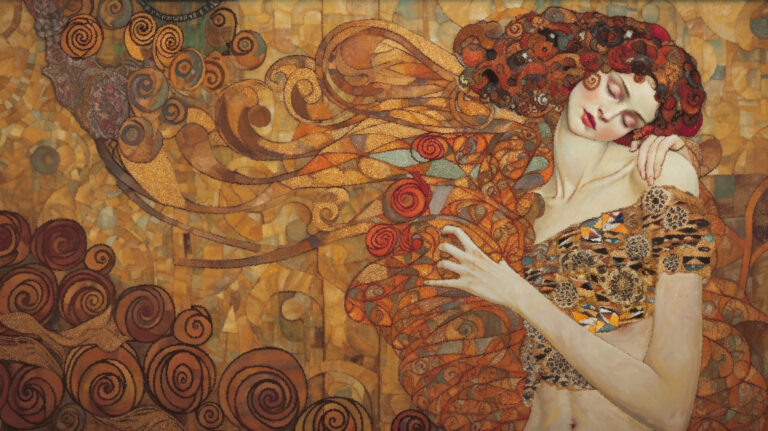Pregnancy and Postpartum
"Woman is the artist of the imagination and the child in the womb is the canvas whereon she painteth her pictures."
– Paracelsus (1493-1541)
Pregnancy is a major transition in the woman’s life and yet, because it is time-limited it is often overlooked as a pivotal time of personal growth. While some women do not struggle emotionally during pregnancy, research shows that emotional support during this time of major transition is highly beneficial for maternal adjustment. As short-term therapy, exploring your inner prenatal world can make a significant difference in how you integrate your new maternal identity, your approach to childbirth, and how you attach and adjust during post-partum. It’s not uncommon that suddenly a woman will tell me about her pregnancy and birth experience several years after the event because she had suddenly realized that it was still impacting her.
The development of your maternal identity is often revealed through exploring undesirable thoughts and emotions and disowned creativity. Even normal prenatal anxiety and fear is worth investigating prior to childbirth and postpartum as it offers the opportunity to increase your emotional intelligence and enhance your attachment to the fetus and begin to imagine your relationship with your baby as a separate being. By exploring the shadow of what it means to become a mother you will discover a greater sense of consciousness and psychological wholeness as a woman.
If you have had other childbearing related experiences that are traumatic, it is not uncommon to undergo post-traumatic reactions that may even activate historical childhood traumas. Either way, you may experience obstacles that taint your current pregnancy, preventing the natural unfolding of your psyche. If difficult issues are left unattended to, some women can experience anxiety and depression with a general sense of loneliness, disorientation, and sadness.
Art therapy is beneficial when working with both current and historical memories so as to make room for new behaviors and new choices. You can anticipate using art materials to reveal your personal visual story, creating a deepening of your maternal identity. Art therapy also naturally supports your adjustment and attachment during pregnancy and post-partum periods. So while we focus on your emotional wellbeing as the mother in the session, your baby is naturally supported simply because you are not only physically growing the fetus, but also growing your awareness of how the subtleties of your pregnancy impact you, thereby enriching your emotional intelligence.
Jungian oriented Art Therapy and Jungian analysis works in more depth with autonomous complexes that express themselves through your bodily experiences and connect you with what I call a conscious pregnancy. Childbearing related issues are driven by somatic experiences and when they become known through creative expressions, there is the unearthing of a new understanding, a new language, and a connection to the feminine initiation of pregnancy. Becoming aware of personal material through art and dreams connects you to archetypal material, mythic themes, and the presence of the Self. Jungian art psychotherapy can be short-term work, however, this limited work can expand your understanding of your maternal story and provide you with greater confidence within the uncertainties of the liminal space.
The birthing of images is one way to bring these prenatal complexes into the light, giving you the chance to grapple with and emotionally “survive” or “transform” difficult psychosomatic material prior to the stages of birth or postpartum. Dreams may also offer you a doorway into prenatal feelings that have been unconscious, or you may simply notice an increased level of anxiety and fear, which are complexes bringing something into consciousness. However your feminine journey unfolds, pregnancy is an opportunity for you to deepen and engage more meaningfully with a transformational process, to access your pregnant imagination and embrace your pregnancy as a feminine initiation, that often results in a greater sense of personal feminine and maternal authority.
Art materials and Jungian analysis are used for other childbearing experience as well–they are recommended for issues such as conception, terminations, childbirth, post-partum, and grief and loss issues. An image or a created form symbolically holds wordless unspoken deep feelings that can be held within the female body as somatic memory, particularly such feelings associated with trauma, grief, anger, loneliness, and longing. As I’ve mentioned before, art documents and expresses the psychosomatic journey, exploring and illustrating the inexpressible complexities of such life changing events. The courageous act of releasing the inner experience into an outer image is sacred, powerful and deeply meaningful. If emotions spontaneously surface, you have a contained environment of therapy where you can explore your inner world more thoroughly without the concern for others. Extracting the images from within us and placing them at a distance provides an opening and space for deep listening, for unpacking those unknown words you might not otherwise be able to speak.

